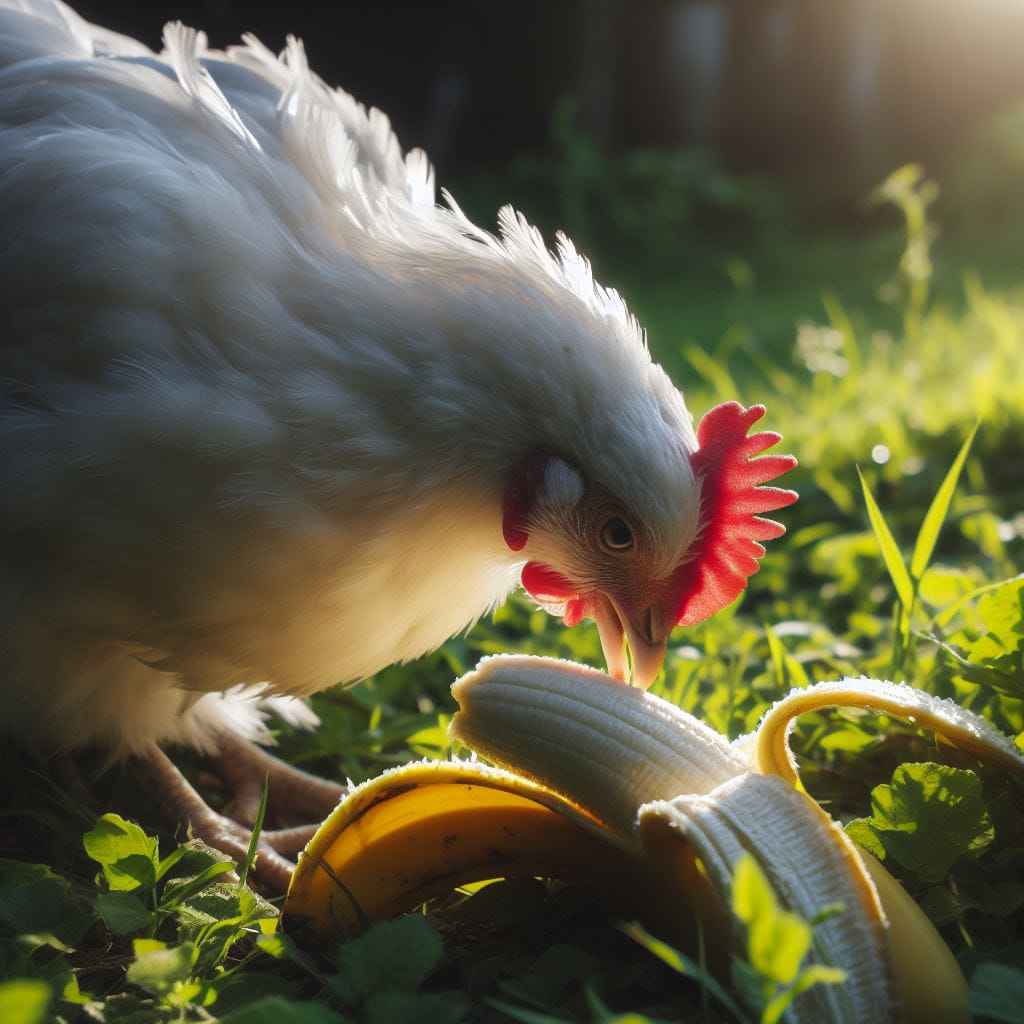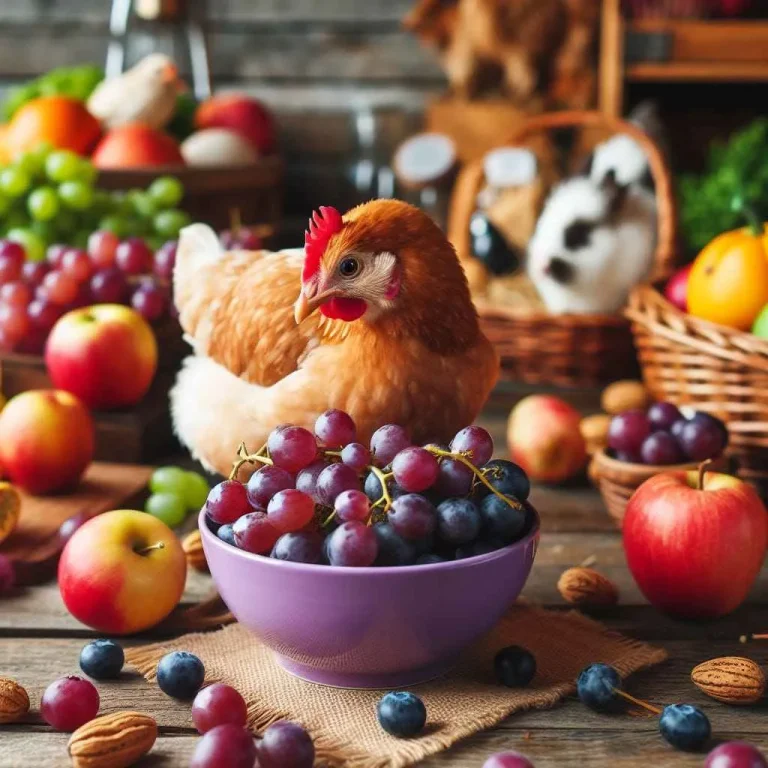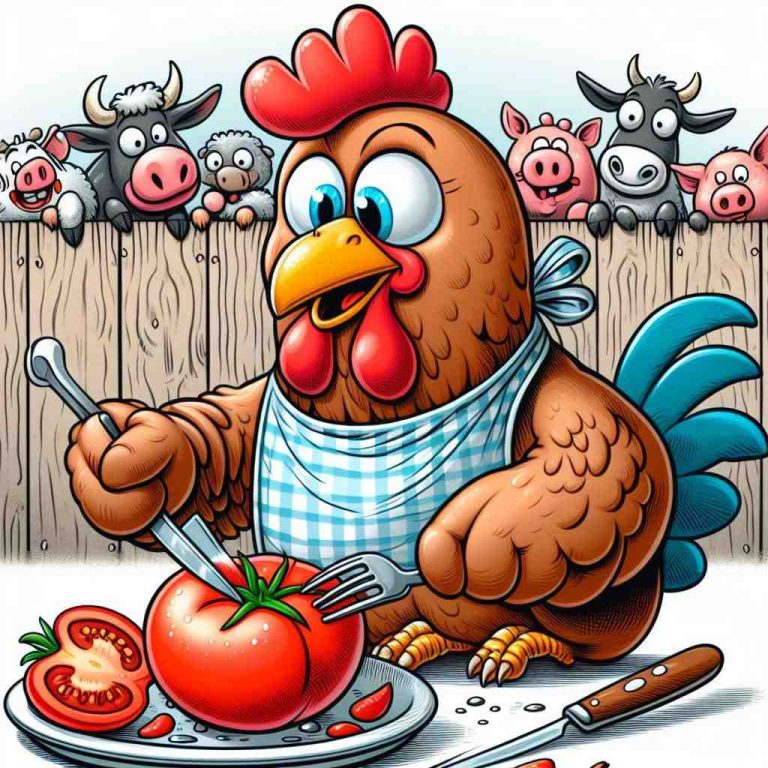Can Chickens Eat Bananas

Can Chickens Eat Bananas
Chickens are known for their diverse diet, which typically includes grains, seeds, vegetables, and insects. While many chicken owners focus on providing conventional feed, they may also wonder about offering other food items, such as fruits like bananas. Bananas are a popular fruit enjoyed by humans, but can chickens eat bananas too? In this guide, we’ll explore the potential benefits and considerations of feeding bananas to chickens, including their nutritional value, how to offer them safely, and common questions surrounding this topic. Whether you’re a seasoned poultry keeper or new to raising chickens, understanding the role of bananas in your flock’s diet can contribute to their overall health and well-being.
Nutritional Value Of Bananas For Chickens
Bananas are a nutritious fruit that can offer various health benefits to chickens when included in their diet. While primarily known for their sweetness and distinctive flavor, bananas also contain essential vitamins, minerals, and dietary fiber that contribute to overall poultry health. Here’s a breakdown of the nutritional value of bananas for chickens:
- Vitamins: Bananas are rich in several vitamins that are beneficial for chickens, including:
- Minerals: Bananas contain essential minerals that play vital roles in chicken health, such as:
- Dietary Fiber: Bananas are a good source of dietary fiber, which aids in digestion and helps maintain gastrointestinal health in chickens. Fiber also promotes feelings of fullness, which can prevent overeating and obesity in poultry.
- Natural Sugars: While bananas contain natural sugars, such as glucose, fructose, and sucrose, they are still relatively low in calories compared to other treats. Moderation is key when feeding bananas to chickens to prevent excessive sugar intake.
Overall, incorporating bananas into your chickens’ diet can provide them with essential nutrients and contribute to their overall well-being. However, it’s essential to offer bananas in moderation and as part of a balanced diet that includes other feed sources to ensure optimal nutrition for your flock.
Benefits Of Feeding Bananas To Chickens
Feeding bananas to chickens can offer several benefits, both nutritionally and behaviorally. Here are some advantages of incorporating bananas into your chickens’ diet:
- Nutritional Boost: Bananas are packed with essential vitamins, minerals, and dietary fiber that contribute to overall poultry health. By including bananas in their diet, chickens can receive a nutritional boost, supporting their immune system, metabolism, and overall well-being.
- Source of Energy: Bananas contain natural sugars, such as glucose, fructose, and sucrose, which provide chickens with a quick and easily digestible source of energy. This can be particularly beneficial during times of high activity or stress, such as molting or extreme weather conditions.
- Improved Digestion: The dietary fiber found in bananas can aid in digestion and promote gastrointestinal health in chickens. Fiber helps regulate bowel movements, prevent constipation, and maintain a healthy digestive tract, leading to improved nutrient absorption and overall gut health.
- Environmental Enrichment: Feeding chickens bananas can serve as a form of environmental enrichment, providing them with mental stimulation and a novel food experience. Pecking and foraging for banana pieces can engage chickens’ natural behaviors and alleviate boredom, leading to happier and more contented birds.
- Egg Production: While bananas themselves may not directly impact egg production, providing chickens with a varied and nutritious diet can support optimal egg-laying performance. By offering bananas alongside other feed sources, you can ensure that your hens receive the nutrients they need to produce high-quality eggs consistently.
- Stress Reduction: Offering treats like bananas to chickens can help alleviate stress and anxiety, particularly in situations such as introducing new flock members, moving to a new environment, or during periods of confinement. The act of pecking and consuming tasty treats can have a calming effect on chickens and promote positive social interactions within the flock.
Overall, feeding bananas to chickens can be a valuable addition to their diet, providing them with essential nutrients, energy, and environmental enrichment. However, it’s essential to offer bananas in moderation and as part of a balanced diet to prevent nutritional imbalances and maintain optimal poultry health.
Risks And Considerations
While feeding bananas to chickens can offer various benefits, there are also risks and considerations to keep in mind. Here are some factors to consider before incorporating bananas into your chickens’ diet:
- Moderation: While bananas are nutritious, they are also relatively high in natural sugars. Feeding bananas to chickens in excessive amounts can lead to weight gain, obesity, and potential health issues such as fatty liver disease. It’s essential to offer bananas in moderation as part of a balanced diet to prevent overconsumption of sugars.
- Digestive Upset: Introducing new foods, including bananas, to chickens’ diets can sometimes cause digestive upset or gastrointestinal disturbances, such as diarrhea. Chickens may not be accustomed to the texture or flavor of bananas, leading to potential digestive issues. It’s advisable to introduce bananas gradually and monitor chickens’ reactions to ensure they tolerate them well.
- Impact on Egg Quality: While bananas themselves are unlikely to directly impact egg quality, excessive consumption of treats like bananas can lead to imbalances in chickens’ diets. An imbalanced diet lacking in essential nutrients can affect egg production and quality over time. It’s crucial to offer bananas alongside a varied and balanced diet to support optimal egg-laying performance.
- Pest Attraction: Bananas, particularly overripe ones, can attract pests such as fruit flies and rodents if not consumed promptly. It’s essential to monitor banana consumption by chickens and remove any uneaten portions to prevent pest infestations in the coop or surrounding areas.
- Allergic Reactions: Some chickens may have sensitivities or allergies to certain foods, including bananas. Signs of allergic reactions may include itching, swelling, or respiratory distress. If you observe any adverse reactions after feeding bananas to your chickens, discontinue the treats and consult with a veterinarian if necessary.
- Impact on Behavior: Feeding chickens treats like bananas can alter their natural foraging behaviors and feeding patterns. While providing environmental enrichment is essential for chicken welfare, excessive reliance on treats may lead to chickens preferring treats over their regular feed, potentially affecting their nutritional intake.
Overall, while bananas can be a nutritious and enjoyable treat for chickens, it’s crucial to offer them in moderation and as part of a balanced diet. Monitoring chickens’ reactions and considering potential risks and considerations can help ensure their health and well-being.
How To Feed Bananas To Chickens
Feeding bananas to chickens can be a simple and enjoyable addition to their diet, but it’s essential to do so safely and responsibly. Here are some guidelines on how to feed bananas to chickens:
- Preparation: Before offering bananas to your chickens, ensure they are ripe but not overly ripe or spoiled. Overripe bananas may attract pests and have a mushy texture that chickens may not enjoy. Peel the bananas and cut them into small, bite-sized pieces for easier consumption by chickens.
- Moderation: While bananas can be a tasty treat for chickens, it’s crucial to offer them in moderation as part of a balanced diet. Treats like bananas should make up only a small portion of chickens’ overall diet, with the majority consisting of complete and nutritionally balanced chicken feed.
- Introduction: When introducing bananas to chickens for the first time, start with small amounts to gauge their reaction and tolerance. Offer a few pieces of banana as a treat alongside their regular feed and observe how they respond. Some chickens may take to bananas eagerly, while others may be more hesitant.
- Frequency: Limit the frequency of feeding bananas to chickens to prevent overconsumption and potential health issues. Offering bananas as an occasional treat, such as once or twice a week, is sufficient to provide variety and enjoyment without compromising their nutritional balance.
- Cleanliness: Ensure that bananas and any other treats offered to chickens are clean and free from contamination. Wash fruits thoroughly before cutting and feeding them to chickens, and remove any uneaten portions promptly to prevent spoilage and pest attraction in the coop.
- Variety: While bananas can be a favorite treat for many chickens, it’s essential to offer a variety of treats to ensure dietary diversity and enrichment. Consider rotating between different fruits, vegetables, and herbs to provide chickens with a range of flavors and nutrients.
- Supervision: When offering treats like bananas to chickens, supervise their consumption to ensure they eat them safely and do not choke on large pieces. Monitor their behavior and health after consuming bananas to detect any adverse reactions or digestive issues.
By following these guidelines, you can safely and responsibly incorporate bananas into your chickens’ diet, providing them with a tasty and nutritious treat that they’re sure to enjoy. Remember to prioritize moderation and balance to maintain optimal poultry health and well-being.
Conclusion
Incorporating bananas into your chickens’ diet can be a rewarding and beneficial practice, providing them with a tasty and nutritious treat that offers various health benefits. Bananas are rich in essential vitamins, minerals, and dietary fiber, contributing to overall poultry health and well-being. However, it’s crucial to offer bananas in moderation and as part of a balanced diet, alongside complete and nutritionally balanced chicken feed. While bananas can be a delightful addition to chickens’ diets, it’s essential to consider factors such as moderation, cleanliness, and dietary diversity to ensure their health and well-being. By following proper feeding practices and monitoring chickens’ reactions, you can safely introduce bananas as a treat, enriching their diet and enhancing their enjoyment. Remember to prioritize the overall nutritional balance of your chickens’ diet and offer a variety of treats to maintain their health and happiness. With careful consideration and responsible feeding practices, adding bananas to your chickens’ diet can be a simple and enjoyable way to promote their overall health and vitality.
FAQs
While chickens can technically eat banana peels, they are not as nutritious as the fruit itself and may be more difficult for chickens to digest. It’s best to remove the peels and offer only the banana flesh as a treat.
Bananas should be offered to chickens as an occasional treat rather than a regular part of their diet. Limit feeding bananas to once or twice a week to prevent overconsumption and maintain a balanced diet.
Yes, bananas are rich in essential vitamins, minerals, and dietary fiber, which can contribute to chickens’ overall health and well-being. However, it’s essential to offer bananas in moderation and as part of a varied diet.
Overripe bananas, or any fruit for that matter, can attract pests such as fruit flies and rodents if left uneaten for too long. It’s crucial to monitor banana consumption by chickens and remove any uneaten portions promptly to prevent pest infestations in the coop.
Start by offering small pieces of banana as a treat alongside their regular feed. Monitor their reaction and tolerance, and gradually increase the amount if they enjoy it. It’s essential to introduce new foods slowly to prevent digestive upset.






